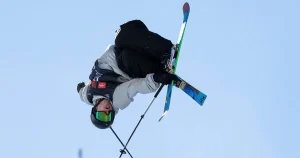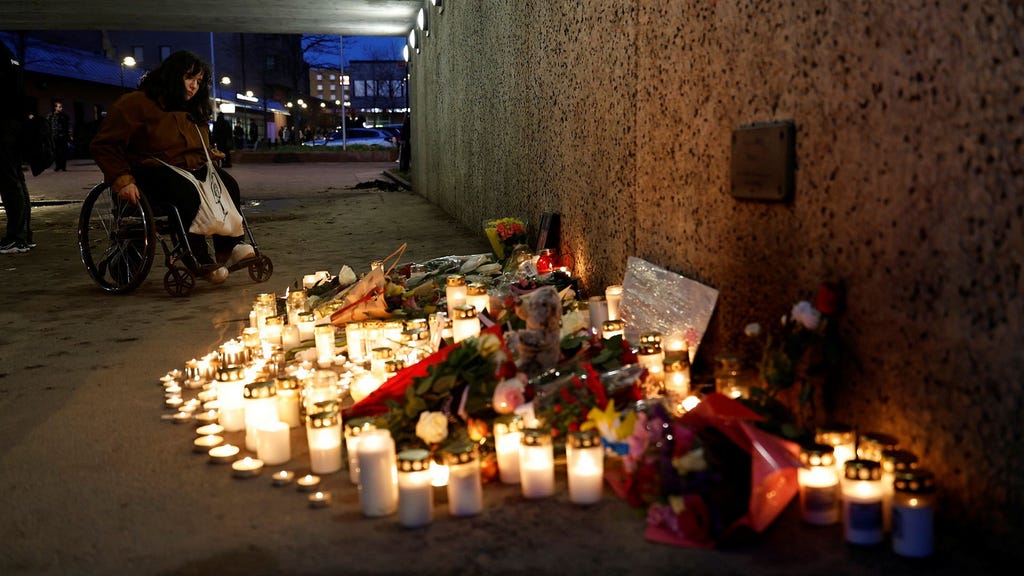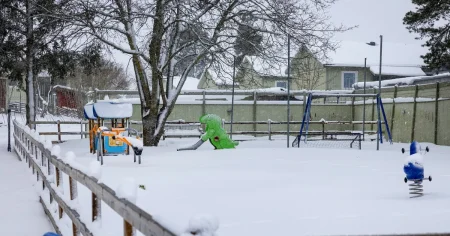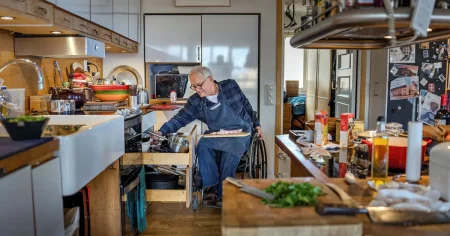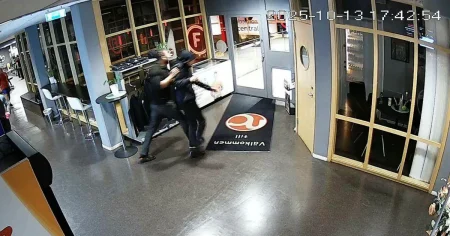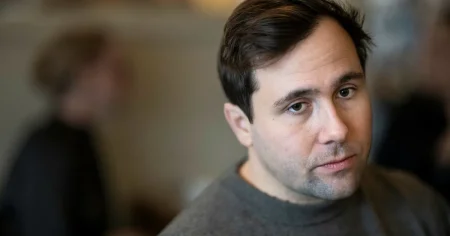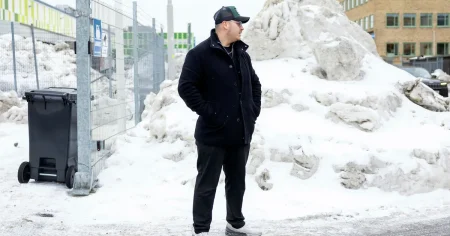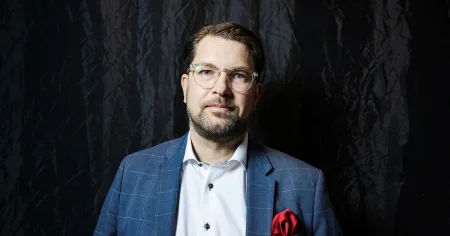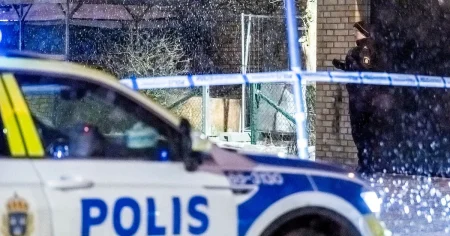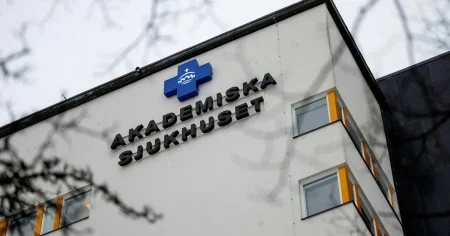On April 10th, a seemingly ordinary day took a tragic turn in the Skärholmen district of Stockholm, Sweden. Mikael, a father cycling with his 12-year-old son, was fatally shot twice in an underpass near the local swimming pool. The events leading up to the shooting remain somewhat unclear, but it appears a verbal altercation occurred between Mikael and a group of young men just moments before the shots rang out. His young son, a horrified witness to the violence, immediately called for help, but it was too late to save his father’s life. This senseless act of violence shattered the peace of the community and left a family devastated. The subsequent investigation and trial revealed a complex web of alleged criminal activity and a chilling disregard for human life.
The primary suspect in Mikael’s murder is an 18-year-old man who was already in custody for kidnapping and attempted murder at the time he was charged. This suspect, believed to be connected to a criminal network, allegedly used a modified carbon dioxide pistol to carry out the killing. While he admits to possessing and firing the weapon – claiming he was merely test-firing it earlier that month – he denies any involvement in Mikael’s death. His DNA was found on the weapon, further complicating his defense. The prosecution contends that the suspect’s presence at the scene, the eyewitness testimony of Mikael’s son, and the forensic evidence linking him to the murder weapon paint a clear picture of his guilt.
Adding to the complexity of the case are four other individuals, all facing charges of aggravated accessory after the fact. Two of these individuals were allegedly present at the scene of the crime. The prosecution alleges that these four individuals engaged in a concerted effort to cover up the crime and protect the suspected shooter. Their alleged actions included washing the bicycle used by the fleeing suspect, arranging for its removal from the area, and acting as lookouts for police while the bicycle was being cleaned. These actions, the prosecution argues, demonstrate a clear intent to obstruct justice and shield the primary suspect from the consequences of his actions.
The investigation, led by Stina Rosin of the Stockholm South Police, pieced together a timeline of the tragic events. The entire incident, from the initial verbal exchange to the fatal shots, unfolded in a mere minute and a half. According to the victim’s son’s testimony, Mikael had stopped to ”talk to those punks” after a comment was directed at them from the group in the tunnel. Shortly thereafter, two shots were fired in rapid succession. While the precise nature of the confrontation remains unclear, investigators hope the trial will shed more light on the final moments leading up to the shooting. The brevity of the encounter underscores the impulsive and devastating nature of the violence that claimed Mikael’s life.
The trial, a significant undertaking given the gravity of the charges and the number of defendants, was split between the Attunda District Court and the Stockholm District Court. Scheduled to conclude by January 30th, the proceedings aim to uncover the truth behind the tragic events of April 10th and deliver justice for Mikael and his grieving family. The prosecution will present their evidence, including witness testimony, forensic analysis, and the suspect’s prior criminal record, to argue for a conviction on the charges of murder and aggravated accessory after the fact. The defense, in turn, will challenge the prosecution’s case, seeking to raise reasonable doubt and secure acquittals for their clients.
The trial’s outcome will have significant implications, not only for the individuals involved but also for the broader community. A conviction would hold the perpetrators accountable for their actions and send a message that such violence will not be tolerated. For Mikael’s family, the trial represents a crucial step in the long and painful process of healing and seeking closure. While the legal proceedings can never truly erase the pain of their loss, they offer a glimmer of hope for justice and a chance to honor the memory of a life tragically cut short. The trial also serves as a stark reminder of the devastating consequences of gun violence and the urgent need for continued efforts to prevent such tragedies from occurring in the future.



